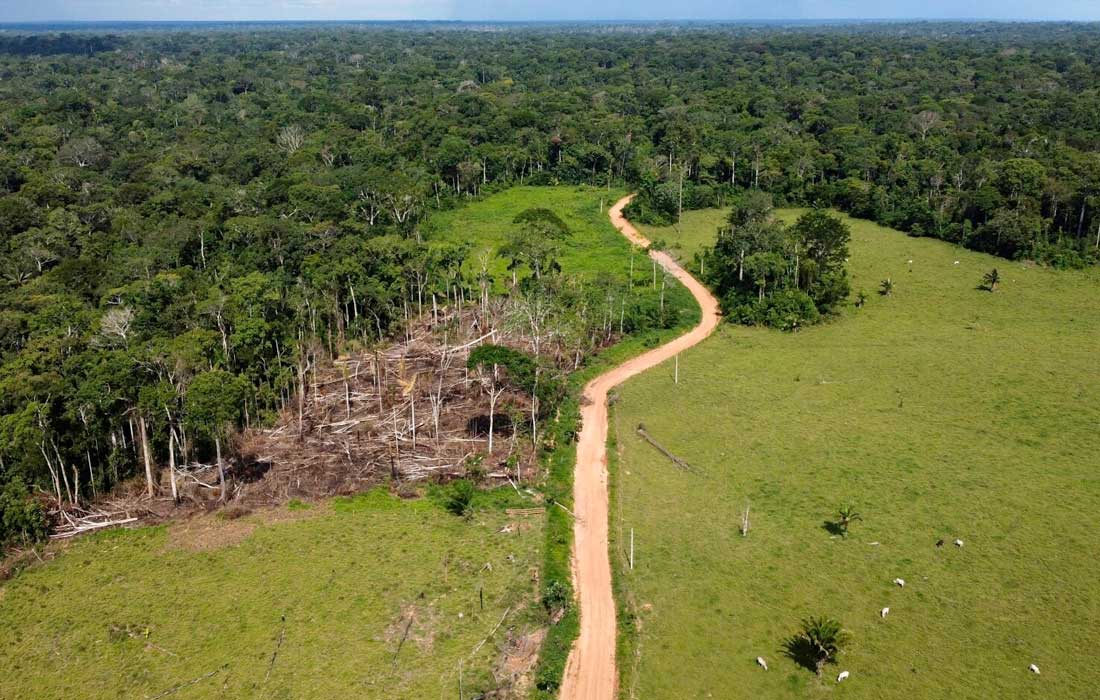LIMA: A controversial amendment to Peru’s Forestry and Wildlife Law is sparking fears over large-scale Amazon rainforest destruction and weakening of Indigenous land rights. The new law, passed in March, removes the need for government approval before converting forest land for other uses — a move that critics say effectively legalises years of illegal deforestation.
Environmentalists and Indigenous groups argue the change opens the door for widespread deforestation under the guise of development. With over 70 million hectares of rainforest, Peru holds the second-largest share of the Amazon after Brazil. These forests are home to over 50 Indigenous communities, some living in isolation, and are vital for absorbing carbon emissions.
Vaunted as a reform to support agriculture, the law has instead been labelled a threat to national forests and constitutional protections. “Forests are not private property — they belong to the nation,” said Alvaro Masquez Salvador, a lawyer at Peru’s Legal Defense Institute. Critics also warn that the amendment legitimises past illegal land grabs, undermining environmental laws passed in 2011.
Despite a legal challenge, Peru’s Constitutional Court upheld the amendment, even acknowledging that Indigenous communities were not consulted, which violates international norms. The court preserved the most controversial clause — retroactive approval of past deforestation.
Supporters claim the reform helps small farmers gain land security. However, many believe the push is driven by powerful agribusinesses, illegal miners, and traffickers — echoing concerns similar to Brazil under Jair Bolsonaro.
EU officials have distanced themselves from the law, denying claims that it helps meet new European deforestation-free trade rules.
Now, civil society groups plan to escalate the issue to international courts, warning the law sets a dangerous precedent that could inspire similar rollbacks elsewhere.














